
Legacy Systems Modernization Strategies
In the rapidly evolving landscape of technologies, businesses get an increasing challenge to deal with legacy systems. Legacy by the word means outdated, inflexible and costly to maintain. To remain competitive with the current market, organizations must adopt strategies for modernizing these applications. This blog talks about the importance of modernization, need of modernization, common challenges and strategies for successful legacy system transformation.
The Significance of Legacy System Modernization
Modernization is very important for modern businesses to enhance efficiency, reduce costs, and give a more assurance of security and compliance. Outdated systems tend to hinder productivity and gives a rise of expenses to maintain. This makes it difficult for the system to be competitive and responsive enough to strive in the continuously evolving landscape of technologies.
1. Enhanced Efficiency and Productivity
Outdated softwares can be hazardous to the organization's efficiency and productivity. Modernization of these systems could improvise workflow automation, decrease manual processes and boost employee performance. This also helps businesses to compete and respond effectively with customer demands.
2. Cost Reduction
Maintaining a legacy system takes away a lot of the IT budget of the organization. Modernization can become a cost saving factor with its reduced maintenance costs and improved performance, thus allowing a company to put their finances into some growth and innovation.
3. Security and Compliance
Legacy softwares has outdated security protocols and they lack regular updates. Modernizing these applications can enhance data security and compliance with regulatory requirements that reduce the risk of data breaches and financial penalties.
When do you need a legacy system modernization
Legacy software modernization is important in various scenarios to ensure that the organization's technology remains appropriate, efficient and secure. Here are some key situations that you need to consider while modernizing your software:
1. Outdated Technology
The technology used to build your software might have become obsolete over time. Hardware, operating systems and programming languages evolve and old software may no longer be compatible or supported. This makes modernization important to a technology stack that is current and sustainable.
2. Decreased Efficiency
As time passes, legacy software may become inefficient due to its inability to keep functioning with the increasing data volumes and constantly evolving business processes. This shows slower performance, longer process time and frustrated users. Modernization improves efficiency and gives the overall system performance.
3. High Cost of Maintenance
Legacy systems require higher maintenance costs as they get older. Hence, there can be difficulties in finding and replacing parts of legacy hardware. Even after getting the replacement by chance, they might be too heavy on the finances of the organization. Modernization can reduce ongoing maintenance costs and free up the resources for other critical projects.
4. Security Risk
Older softwares are prone to vulnerable security threats and may lack the security features that are important for projects to shield from modern cyber threats. Your organization will be an easy target to hackers when it lacks security updates and patches. Modernization is also important to enhance the security posture and to safeguard sensitive data.
5. Changes in Compliance and Regulations
There might be changes in regulations and compliances over time. Legacy systems may lack capabilities to adapt with these changes and will result in giving your organization a risk of non-compliance and potential legal issues. When you modernize the software, it helps to ensure that you meet with current regulatory requirements.
Common Challenges in Modernizing Legacy Systems
Modernizing legacy systems involves overcoming the challenges like resistance to change, complex integration with existing systems, gaps of skills in the workforce and a need for data migration and cleansing. An effective change management is very important to address these challenges and to ensure a smooth transition with modern solutions.
1. Resistance to Change
There can be employees and stakeholders who resist the modernization efforts because of maybe some fear of disruption, unfamiliarity with new technology or attachment with the existing system. Managing this resistance is a key challenge in modernizing the entire process.
2. Integration Complexity
Legacy systems are integrated with other applications and databases. A challenge can arise while replacing or updating them without disrupting the critical business processes. It may also have project delays and cost overruns.
3. Skill Gaps
Recruitment of skilled professionals who can work with outdated technology can be an obstacle. Moreover, transitioning existing IT staff with modern technologies takes up a lot of training, resources and time.
Strategies for Modernizing Outdated Applications
Strategies like cloud migration, containerization and agile practices can be applied by modernizing outdated applications. These strategies will enhance efficiency, reduce costs and bolster security to help organizations to stay aligned with the evolving technology demands while staying competitive.
1. Assess the Current State
Before embarking into a modernization project, it’s important to conduct a comprehensive assessment of the legacy system. This assessment should identify all the system’s strengths, weaknesses, dependencies and security vulnerabilities. Business processes and data flows that are associated with the application can be easily understood.
2. Set Clear Goals and Prioritize
Define all the objectives and outcomes you want to achieve with modernization. Prioritize on the basis of business values and address the pain points first. This ensures that all resources are allocated efficiently and the transformation process is kept in focus.
3. Cloud Adoption
To modernize legacy applications, migration into cloud storage is a popular strategy. The cloud-based solutions provide cost-effective, scalability and security enhancements. Robust tools and services can be given by providers like Google Cloud Platform, Amazon Web Service (AWS) and Microsoft Azure for migrating legacy applications.
4. Containerization and Microservices
Breaking down monolithic application in small and containerized microservices can bring agility and ease to maintain the system. Containers, managed by tools like Kubernetes and Docker, allow a rapid deployment and scaling for promoting more agile operation and development.
5. DevOps and Agile Practices
Adopting DevOps and Agile methodologies, modernization processes can be streamlined. These practices give collaboration, automation and continuous delivery to allow faster development cycles and faster feedback by stakeholders.
6. Legacy System API Exposition
Create APIs for exposing critical functions of legacy systems. This approach gives seamless integration with modern applications and services for easily leveraging the legacy system’s functionality while gradually phasing it out.
7. Data Migration and Cleansing
Ensure a smooth transition of data from legacy systems to a modernized one. Avoid all the inconsistencies, inaccuracies and losses during the modernization process by data migration and cleansing.
8. Change Management
There may be resistance to change and that can be addressed through some effective change management practices. Communicate about the advantages of modernization, involve some stakeholders and provide necessary training and support to help employees adapt with the new system.
9. Continuous Monitoring and Improvement
After modernization, create a continuous monitoring system for tracking performance, security and satisfaction of users. Regularly assess the effectiveness of the system and make iterative improvements as required.
Conclusion
Modernization of outdated systems is a crucial step for any business who look forward to be more competitive, reduce their costs and enhance security and compliance. This process can also be a bit challenging with the right strategies like cloud adoption, containerization and a focus on DevOps to make the process manageable. Ultimately, efforts that have been invested in modernization pays off with increased efficiency, reduced costs and improved agility of business. Embrace the organization with modernization opportunities for better positioning and success in the digital age.
You can also visit related blogs:




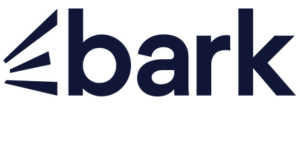


























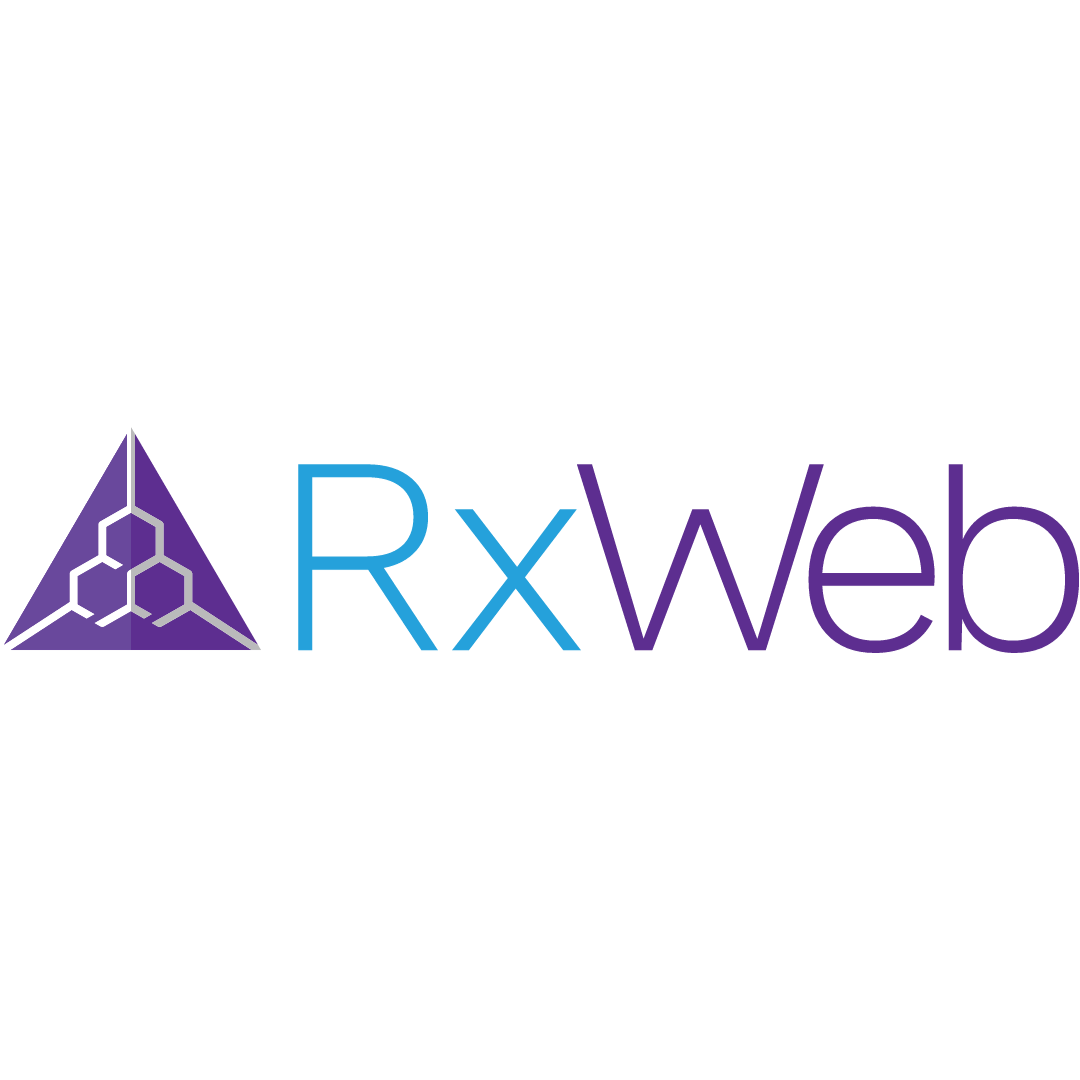



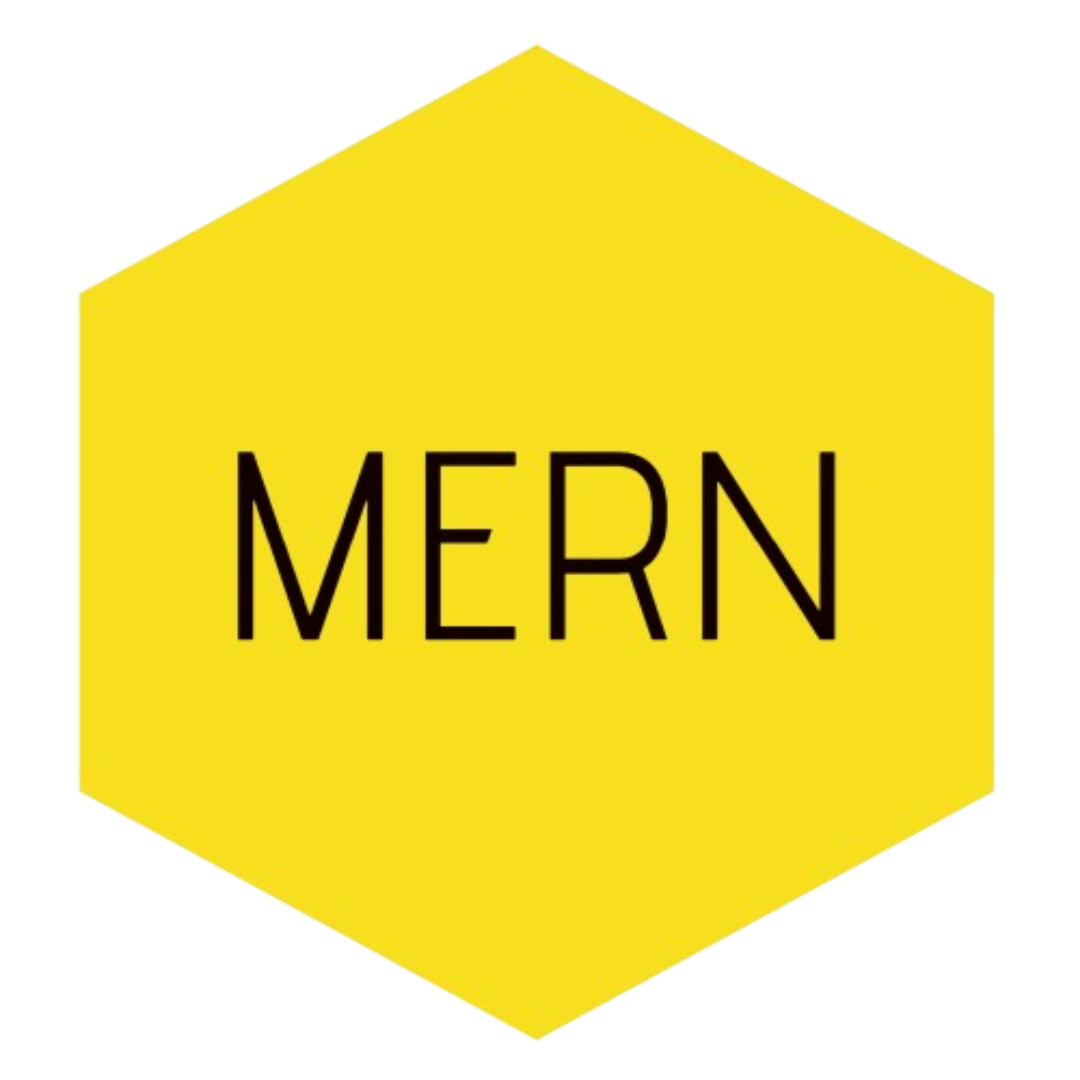






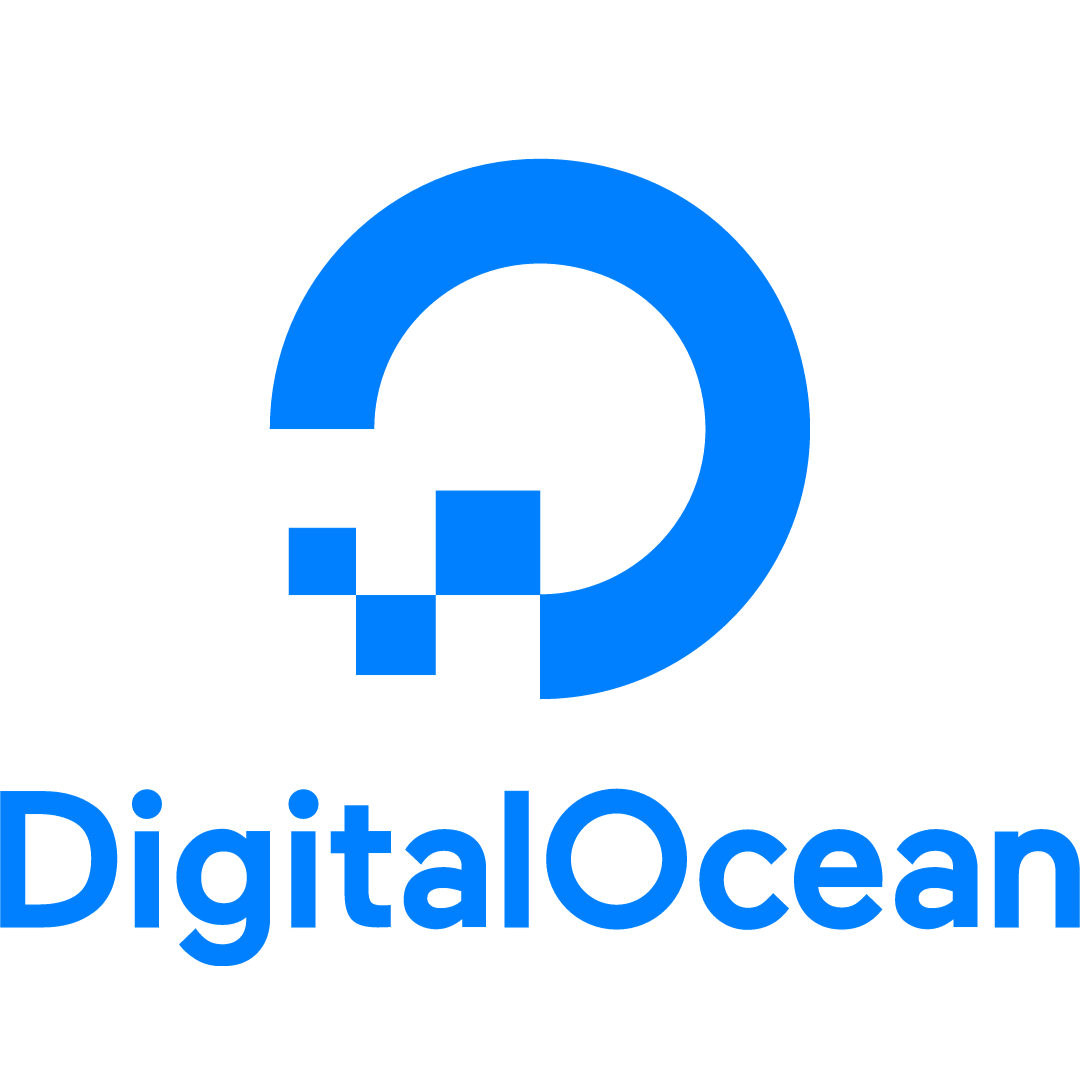


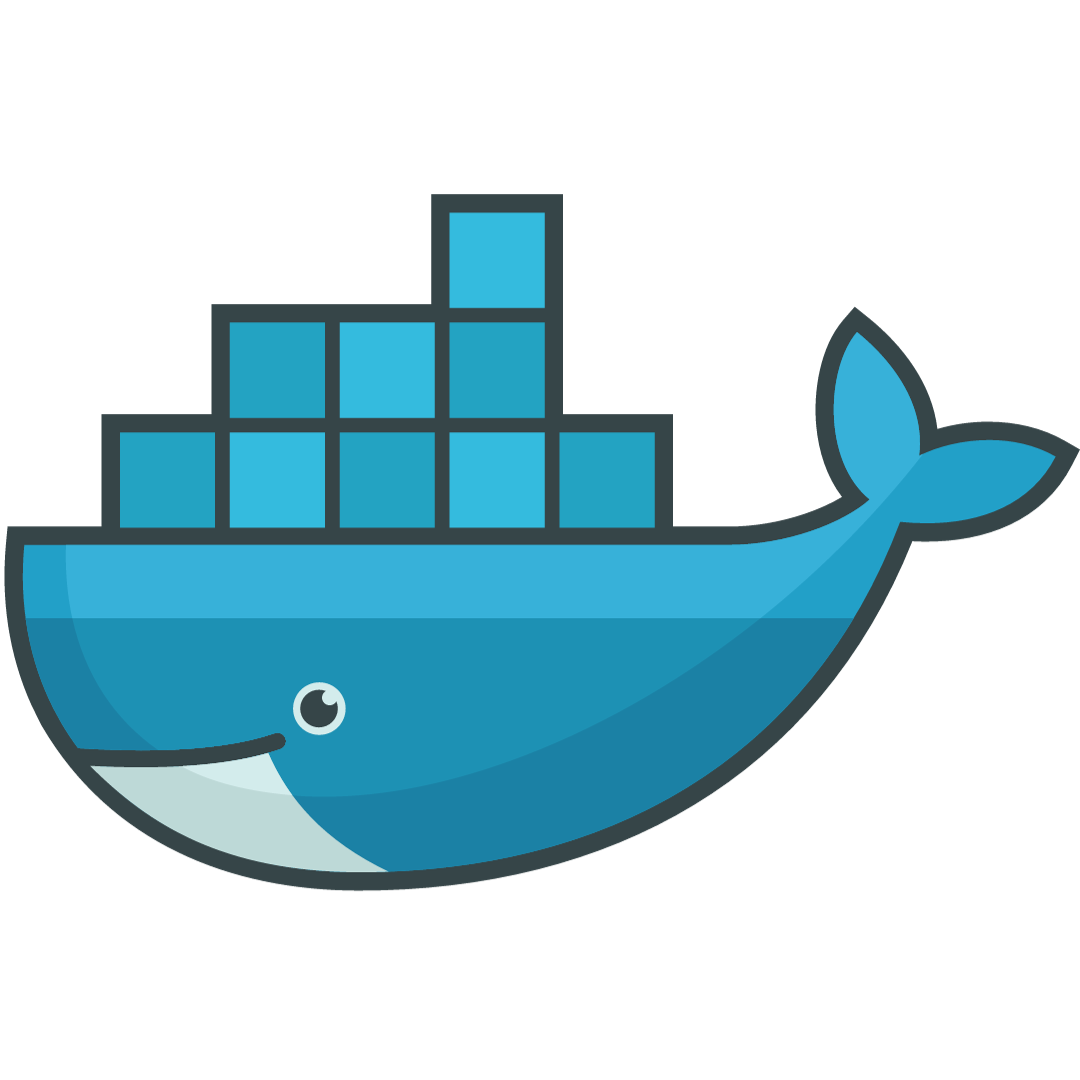













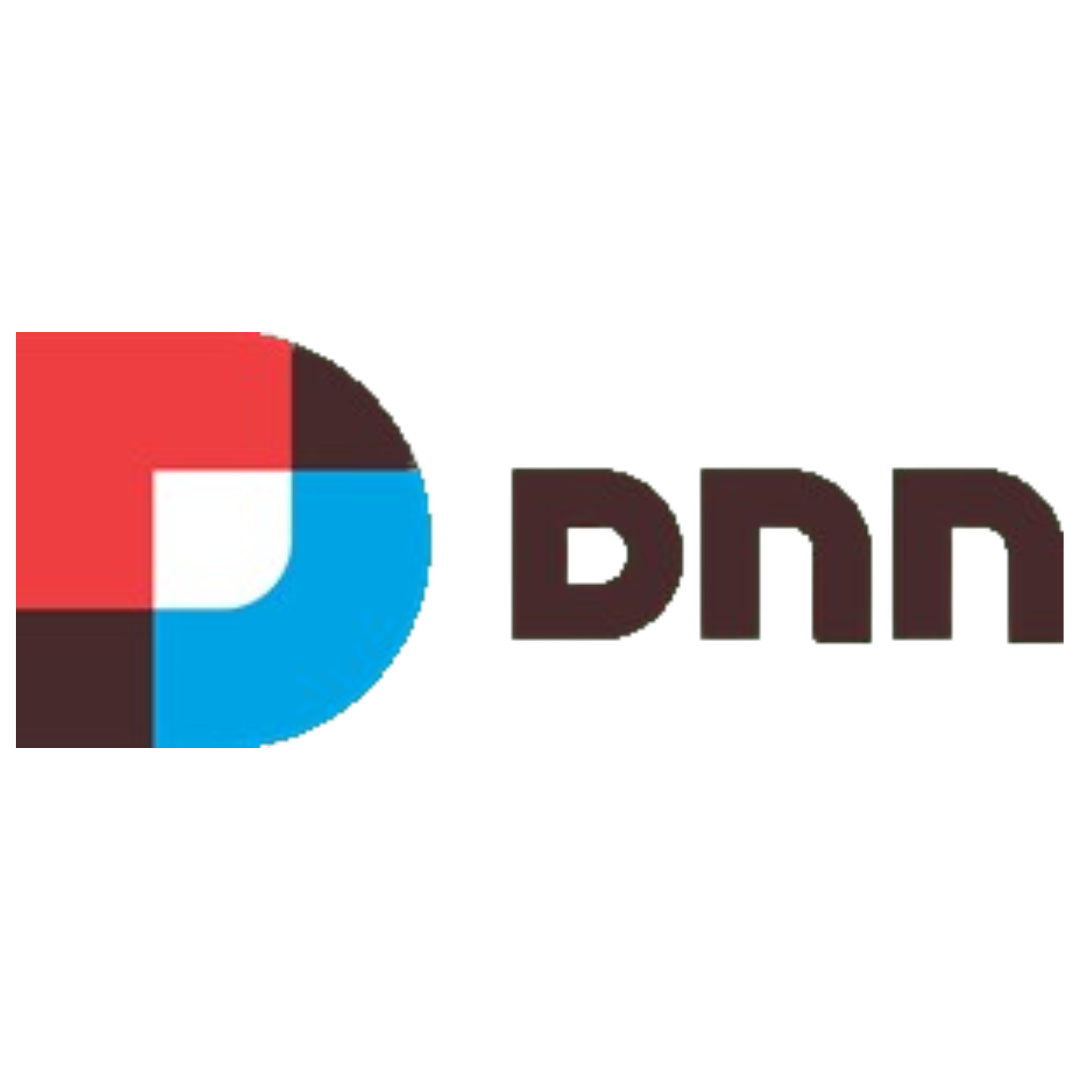






comments for "An Interview with Exavibes Services"
Leave a Reply